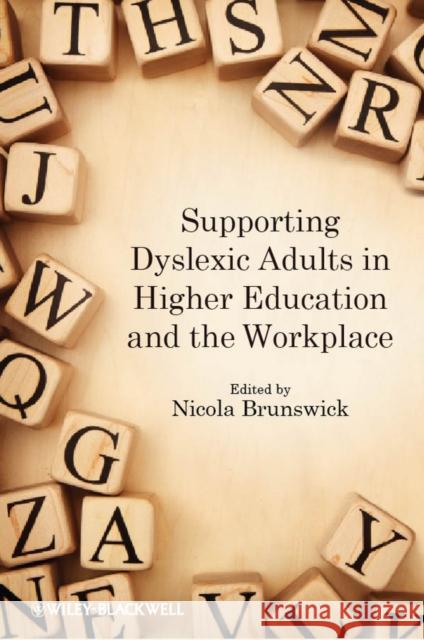Supporting Dyslexic Adults in » książka
topmenu
Supporting Dyslexic Adults in
ISBN-13: 9780470974780 / Angielski / Miękka / 2012 / 232 str.
Supporting Dyslexic Adults provides practical advice in supporting dyslexic adults in education and employment, and guidance on the latest research
- Provides an important overview of current research and practice in supporting dyslexic adults in education and employment, deftly combining academic understanding with everyday issues
- Contributors possess a wealth of practical experience in the field which provides an indispensible guide to the subject
- Case studies are included to capture the immediate experiences of dyslexic adults in education and at work to highlight prevalent issues
- Offers practical advice to adults with dyslexia, from how to disclose their particular needs to employers and colleagues to legal aspects of dyslexia support
- Highlights to employers the particular skills and strengths that dyslexic adults can bring to the workplace











